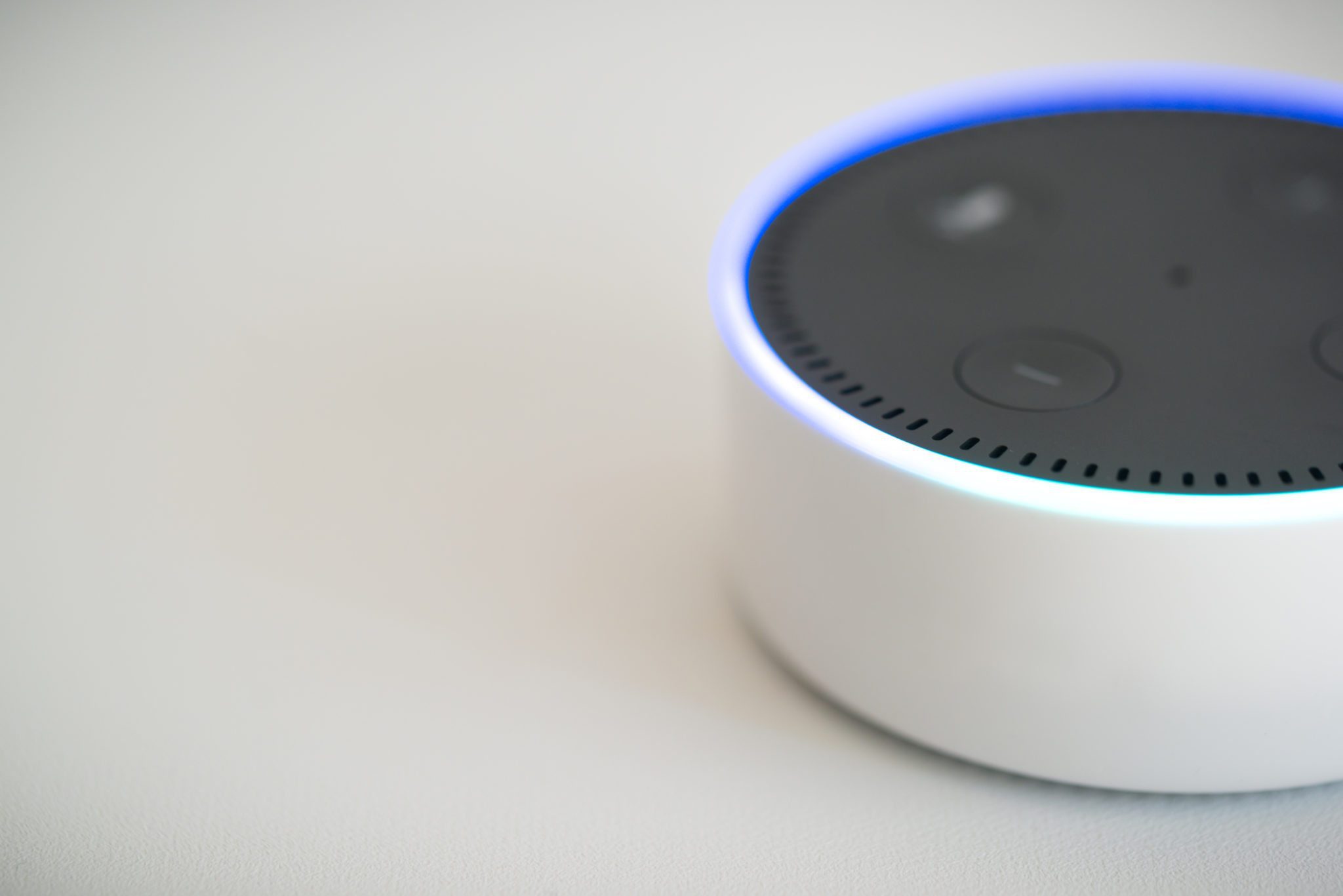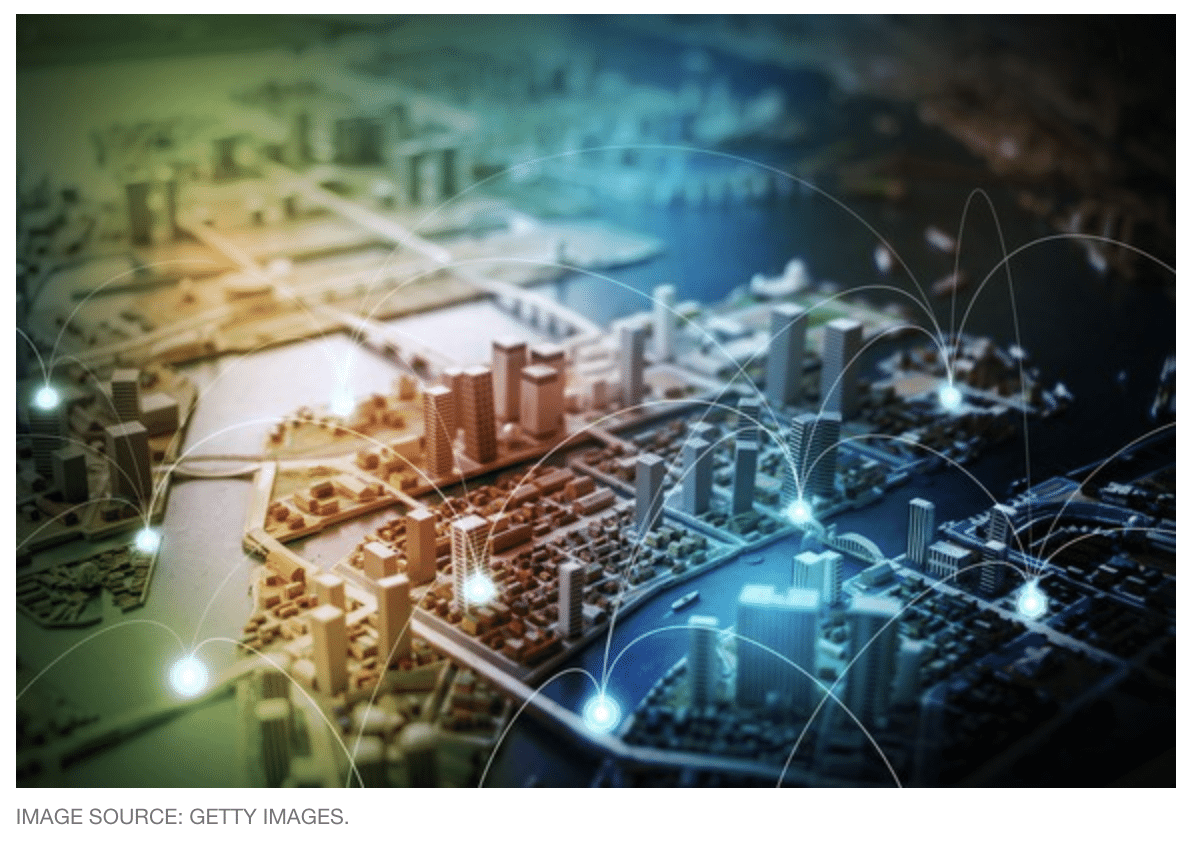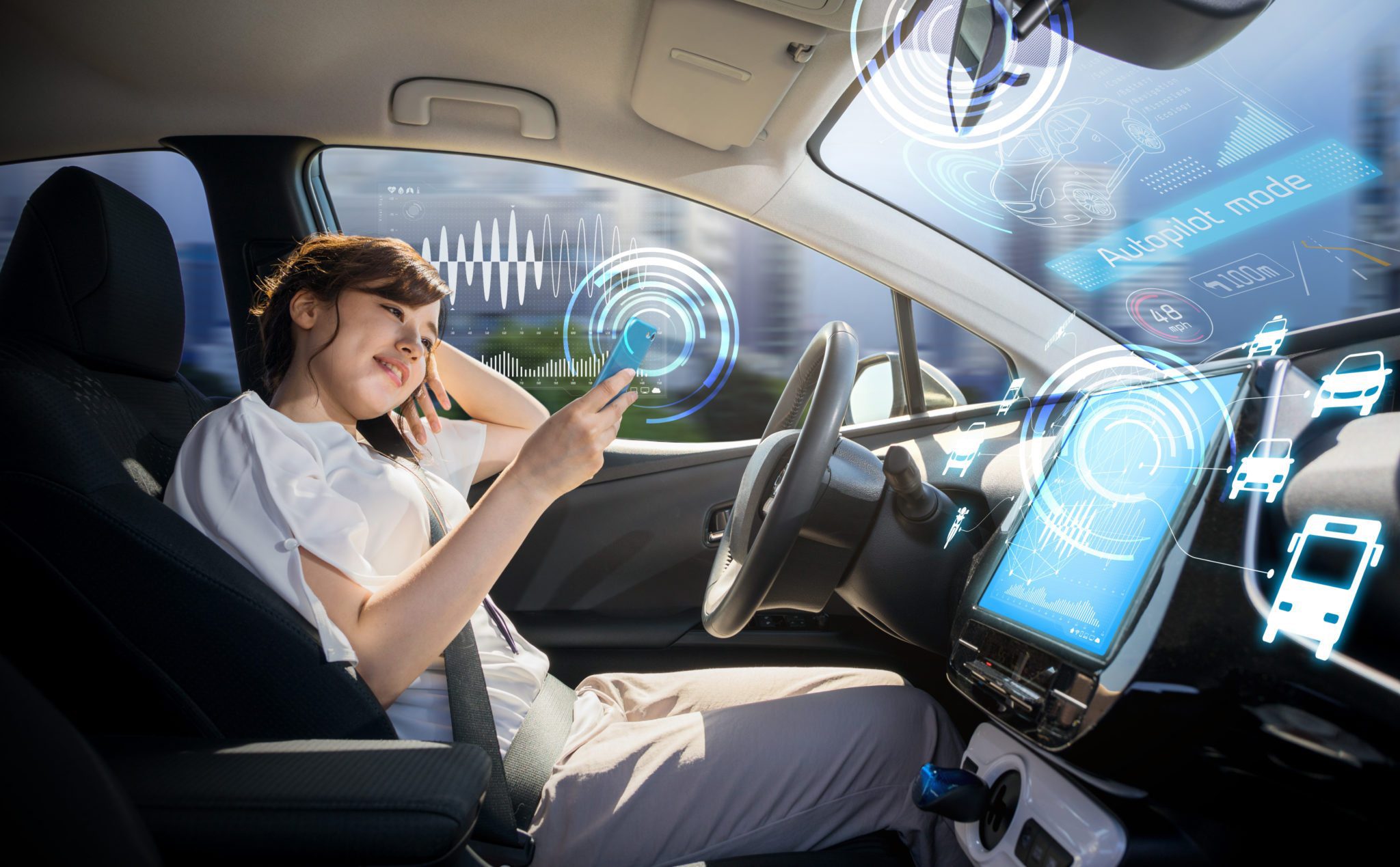10 AI Stats That Will Blow Your Mind
A few years ago, artificial intelligence was a futuristic concept that often served to sweeten scripts in sci-fi and futuristic movies out of Hollywood. In recent years, however, AI has become a big deal in the real world, often playing behind-the-scenes roles in many of the tech disruptions we’ve seen within the past decade.
Within a short time span, AI has helped engineers develop safer and smarter cars, enable Apple and Microsoft to develop the smartest virtual assistants in history, Siri and Cortana respectively, and improve customer experience on many popular platforms, including Amazon and Netflix.
And that’s just a tip of the iceberg. The tech world is bracing for even bigger fueled developments, including fully-autonomous cars and smarter cities. And as these developments materialize within the coming years, there’ll be both winners and losers across different sectors, with 41% of consumers believing AI will do more good than harm.
So, as we brace for impact, here are a few stats that highlight the impact of AI for the years to come.
1. 4 billion devices will carry AI-powered voice assistants this year

Research firm IHS Markit predicts that over 4 billion consumer devices will come with AI-powered digital assistants by the end of the year, with that number expected to hit 7 billion by 2020.
The growth of AI means smart voice assistants such as Alphabet’s Google Assistant, Samsung’s Bixby and Amazon’s Alexa will be in high demand as customers look for smart ways to interact with their smart devices.
2. The AI software market will be worth a whopping $59.8 billion globally by 2025
According to a report by Tractica published earlier this year, revenue from the direct and indirect integration of AI-based technologies will grow to an astounding $59.9 billion from the paltry $1.4 billion generated in 2016. This is largely as a result of increasing interest by governments, companies, and other organizations globally that are looking to implement one or more of the different technologies that define AI.
3. AI can help to stop 86 percent of cyber attacks
In 2016, scientists at MIT’s Computer Science and Artificial Intelligence Laboratory developed an AI-powered system that could thwart up to 85 percent of possible cyber attacks. The system, named AI2, reviews millions of data points every day and flags anything suspicious. A human then investigates flagged information, which helps investigators avoid chasing false leads.
Cybersecurity has become a pain for organizations in recent times, which is why traditional technologies such as VPNs can benefit immensely from AI.
4. 38 percent of American jobs could be at risk by 2030, thanks to AI
According to a PWC report, 38% of workers in manufacturing, transport and storage, retail, and wholesale industries could lose their jobs as AI-powered machines learn how to do their jobs faster and more effectively. However, not all jobs will be affected equally, thanks to regulatory, legal and economic issues in the labor sector.
https://www.youtube.com/watch?v=KvKo9udblEI
5. AI will drive an increase of 14% or $15.7 trillion in global GDP by 2030
Another PWC report found that AI-related technologies will contribute at least $15.7 trillion to the global economy in 2030, with China and North America jointly accounting for $10.7 trillion or 70% of that amount. This growth will be largely driven by improvements in labor productivity and increased demand for AI-powered products and services.
6. 61% of top executives use AI to identify opportunities for their organizations
According to Narrative Science, over 61% of top business executives said they use AI-powered tools to identify opportunities within data as part of their innovative business strategies, something that wouldn’t be possible without AI. Over 58% of respondents in the same survey said they already use AI-powered predictive analytics within their businesses.
7. Insight-driven businesses will siphon $1.2 trillion annually from competitors
The business insights segment has become a huge market segment, and AI is poised to drive more growth in this area over the next few years. A report by Forrester predicts that businesses that use AI-powered business insights will gain $1.2 trillion annually over businesses within the same industry that don’t use these insights by 2020.

8. 30 percent of the business world will employ AI in at least one sales process by 2020
A Gartner report published in 2016 predicted that least 30% of companies globally will employ AI in at least one facet of their sales processes to help increase sales and improve organizational efficiency. This will especially help businesses improve opportunity closure rates and lead conversion.
9. Over 1 billion AI-enabled video cameras will man cities around the globe by 2020
Chip maker NVIDIA says it plans to use its Metropolis AI platform to connect to 1 billion video cameras, projected in cities globally by 2020. According to the company, this AI-powered platform will help improve traffic flow, monitor crime and analyze video footage quicker than humans.

10. AI-powered autonomous vehicles could help save 300,000 lives on the road within a decade
First predicted in 2015, this AI statistic might be a bit old, but it still makes this list because it represents one of the biggest potentials for AI. When AI-powered self-driving cars really take off within the next few years, the world could see over 300,000 lives saved from reduced road accidents.

Like many developing technologies of our time, AI will be a double-edged sword in everyday life. For instance, while AI will be saving 300,000 lives on the road, it could also mean a smaller number of organ donors, many of whom often come from victims of car crashes.
As such, we will only realize true developments in AI once we’re comfortable with these prospects and put in measures to mitigate the negative effects.
Get more advice from top Motivational Speaker.









